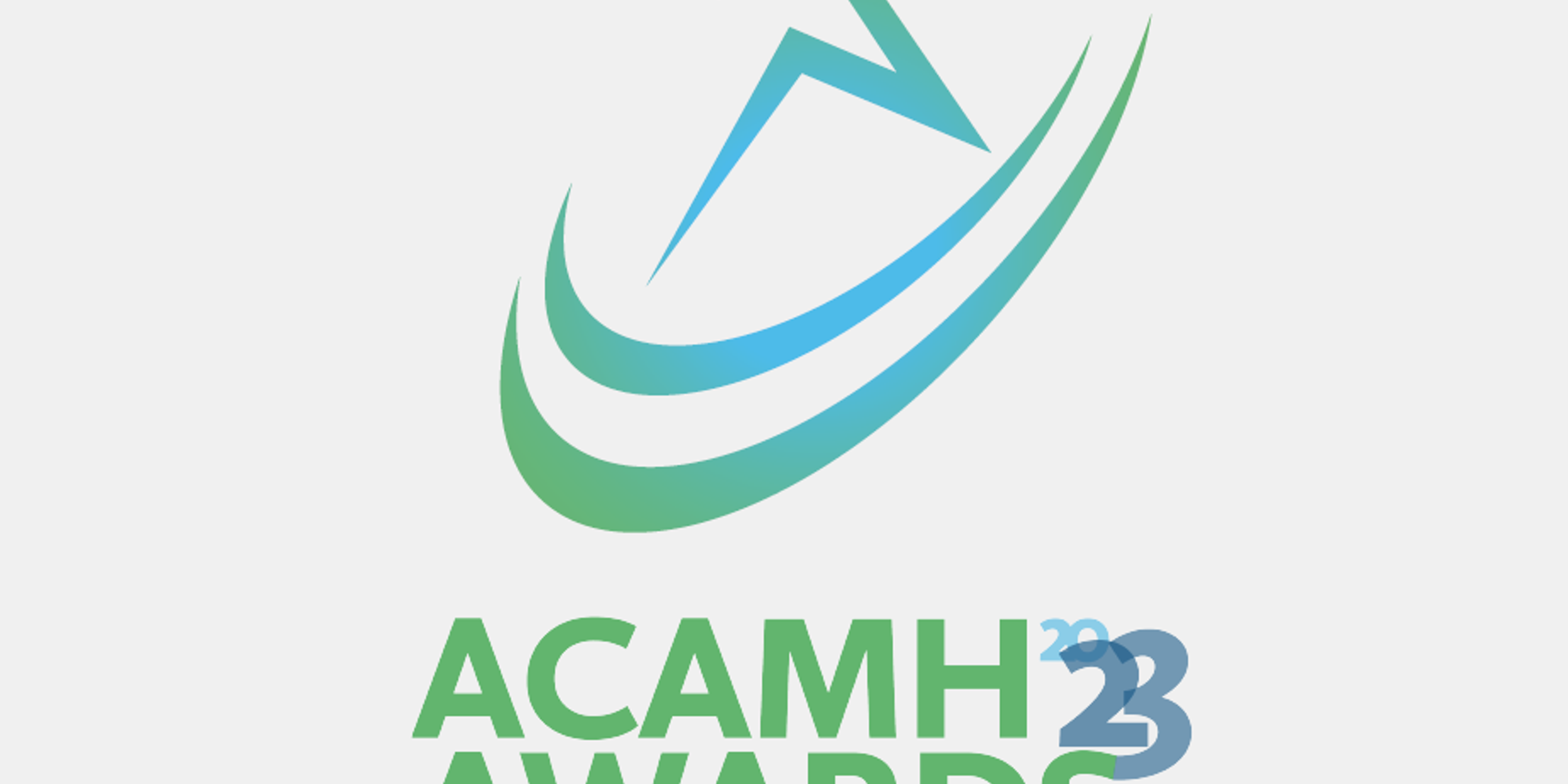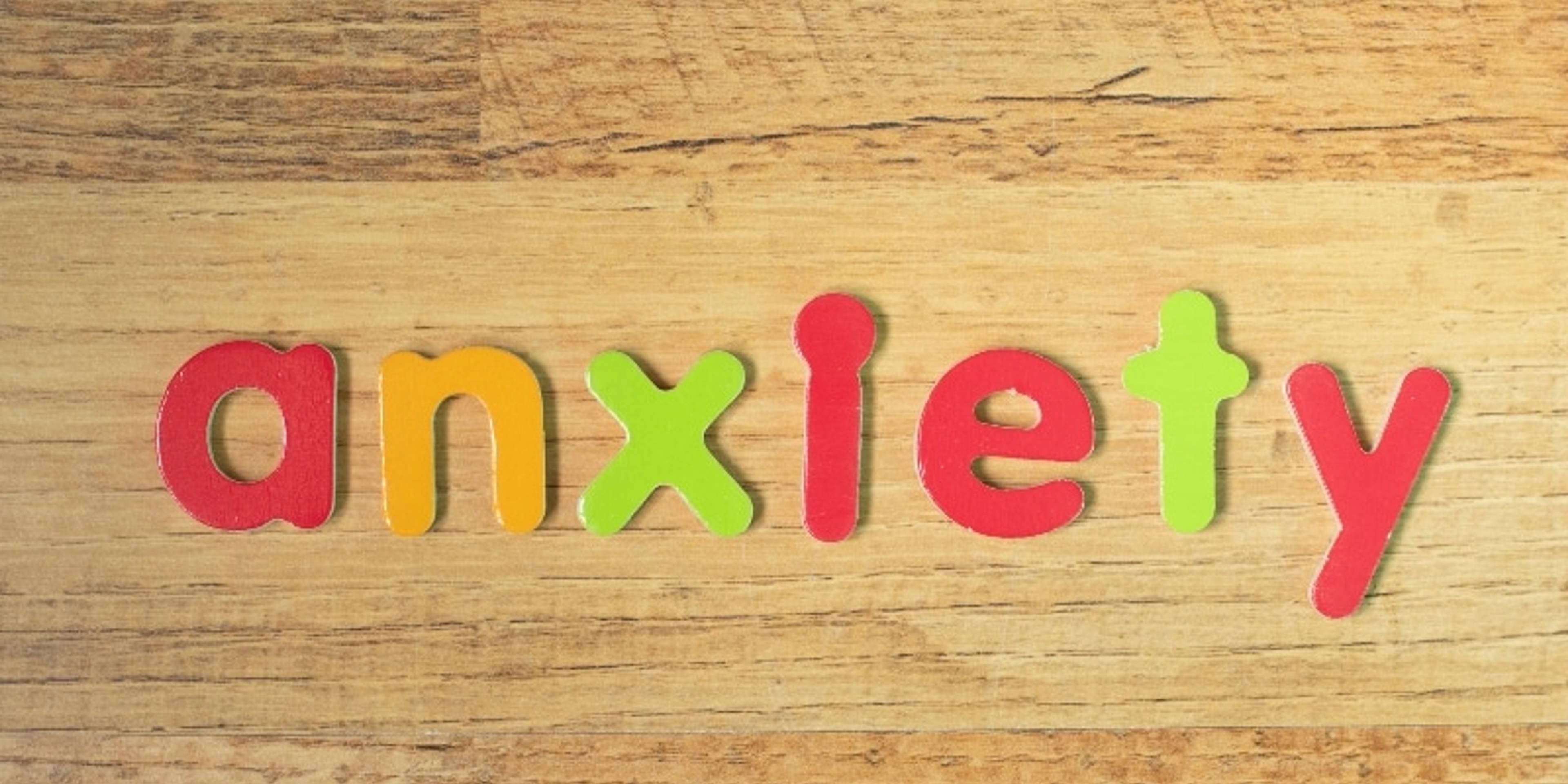
In this analysis, Dr Margarita Panayiotou, Senior Lecturer in Quantitative Methods in the Institute of Education at The University of Manchester, goes beyond the headlines to consider what the evidence really shows about the impact of smartphones on young people's mental health.
“For every complex problem there is an answer that is clear, simple, and wrong”. The words of journalist, Henry L. Mencken, come to mind as I am reading through Jonathan Haidt’s The Anxious Generation.
The Anxious Generation, by social psychologist, Haidt, argues that smartphones caused a mental health crisis in adolescents through social deprivation, sleep deprivation, attention fragmentation, and addiction. He calls it the “great rewiring of childhood” and “the single largest reason for the tidal wave of adolescent mental illness that began in the early 2010s”. The Anxious Generation is filled with scary and absolutist language that likely worries everyone reading it. Unfortunately, it also makes oversimplistic and partially incorrect arguments about smartphone and social media use rather than actually explaining the very complex issue of changes in adolescent development and mental health.
Have social media and smartphones damaged young people’s mental health?
It would be nice to find a simple answer to this question, but we should not confuse simplicity, something that The Anxious Generation does not lack, for truth. Is social media use rewiring young people’s brains? No. Haidt’s claims are based on a simplistic yet intuitive hypothesis: social media use increased, mental health decreased, ergo social media use damaged mental health. However, correlation does not equal causation, and there is no sound evidence to suggest social media and smartphones have caused a mental health crisis. Haidt fails to acknowledge, or too quickly dismisses, other possible explanations, such as the global financial crisis, climate change, discrimination, gender and sexual inequalities, obesity, family structures, and schoolwork pressures — or indeed a complex combination of those.
A UK study with thousands of young people found that when considering the complex combination of multiple factors, factors such as a lack of family support are arguably more important for adolescent mental health than social media use. This aligns with what researchers have long known about adolescence, that it is a complex developmental stage influenced by multiple interacting biological, social, and broader societal factors.
What’s more, The Anxious Generation does what we tell our undergraduate psychology students not to: it confuses correlation with causation, and uses evidence to fit the conclusion, instead of reaching the conclusion from the evidence. If you look past the grand metaphors (the introduction describes smartphone use as similar to letting your child go to Mars) and scary phrases, you quickly find inconsistencies. To convince the reader that social media benefits do not exist, he notes that, “Smartphones are not equivalent to desktop computers or laptops…”. But a few pages earlier, when Haidt poses the question, “Can a phone-based childhood exacerbate existing ADHD symptoms?”, he responds, “It appears so”, using evidence that is based on not only smartphones, but also on computers and television. He also refers to studies with severe methodological shortcomings and small unrepresentative samples to inaccurately reach widely generalised conclusions. For example, one study with 543 Dutch adolescents from two, unrepresentative Dutch schools, and explores the association between social media addiction and ADHD, but neglects to control for other factors (e.g. gender, socioeconomic status, school satisfaction, academic pressure, etc) that may also be important for ADHD. This means that 1) the findings are probably overestimating the role of social media in ADHD and 2) the findings cannot be generalised to the whole Dutch population, let alone to other countries.
The UK study I mentioned earlier finds that social media use predicts worse concentration in girls (but not boys). However, restlessness and dissatisfaction with schoolwork appear to be more influential than social media. This is not to say that social media use is without problems; it would be naïve to suggest so. But it is also important to acknowledge that Haidt presents a very skewed picture, one that is hard to challenge without access to the full information.
Are there really no benefits?
What’s worse, Haidt argues that there is “very little evidence showing benefits to adolescent mental health…”, overlooking the fact that the positives have been understudied and underreported. Recent evidence finds that benefits are far less commonly represented in UK newspapers, and a review of social media studies notes the lack of focus in the literature on potentially positive aspects. Haidt is sceptical about the benefits of social media because, “The same demographic groups that are widely said to benefit most from social media are also the most likely to have bad experiences…”. Another basic mistake: one does not exclude the other. Young people can have rewarding and challenging experiences on social media.
In fact, when you ask them, they will tell you themselves. Young people in the UK report social media being beneficial as a coping tool to reduce stress, for social connection and peer support, self-expression and validation, and as a source of information about mental health. Every generation inhabits technological advancements that previous generations may find foreign, with the common disclaimer of “those were simpler times”. The Anxious Generation successfully takes advantage of that, and confirms the existing fears of parents and educators, instead of responsibly presenting the facts: there is not one single reason underlying the mental health decline. The responsible step to take is to work towards accounting for the potential challenges and maximising the potential benefits of social media use. But Haidt does not do that.
What should we do?
It is understandably difficult for parents and educators to know what next steps to take, given the complexity of the issue. Haidt argues that we must coordinate to ensure more effective long-term outcomes, but I fear his book prevents us from doing so, as it instils unjustified panic, creating more problems than it solves. Some of Haidt’s suggestions are reasonable - for example for parents to focus on a balanced social media use, parental control, and discussion of the risks of social media use with their children, and the need for greater accountability by social media companies.
However, his suggestion to ban social media and smartphones until age 16 is culturally specific and may not apply to all countries: this is when adolescents get a driver’s license (in the USA) and can consent in legal contexts without parental consent. It is also based on skewed evidence; the common thread in The Anxious Generation: while adolescents are indeed more vulnerable than adults, Haidt suggests moving the social media legal age to the age of 16 because the brain is still developing at age 13 (the current legal social media age). However, recent evidence suggests that “while maturation of logical reasoning is considered complete from about age 16 years, the development of more mature affect regulation, social relationships, and executive functioning continues for at least another decade”. Based on Haidt’s reasoning, we should ban smartphones and social media until young people are well into their mid-20s.
But banning smartphones or social media may be less effective in practice and lead to unintended outcomes. In workshops that I helped to run with young people in England, participants told us that even if banning was enforced, they would still find a way to access social media. Banning access risks masking the problem, shutting down the communication with young people, and making unilateral decisions has the potential to place young people in great danger, especially given that adolescents are more likely to take risks, as Haidt correctly points out.
We must understand this book for what it really is: Haidt’s strongly worded viewpoint with evidence selectively chosen to support his stance. “For every complex problem there is an answer that is clear, simple, and wrong”. In the case of The Anxious Generation, the answer is not only wrong, but it also has the power to make the problem worse. So, on our way to pushing for greater accountability by social media companies, we must also take care not to get sidetracked by Haidt’s unsubstantiated absolutisms and focus instead on building a path towards digital citizenship.
Acknowledgement: Margarita would like to thank Eiko Fried and Joao Santos for their feedback on the article.
More News

Dec 17, 2025
Supporting Healthier Masculinities with Professor Michael Flood
We’re excited to be working with Professor Michael Flood, one of the world’s leading researchers on men, masculinities, gender equality and violence prevention.

Jun 19, 2025
Tooled Up Education to Collaborate with Researchers from the University of Manchester
Tooled Up Education is excited to announce we will be collaborating as a research partner with researchers from the University of Manchester.

Mar 17, 2025
Netflix's Adolescence: related resources in Tooled Up
Have you watched Adolescence on Netflix? Do you want to learn more about the issues raised? We have webinars and podcasts available to everyone, along with CPD and classroom resources available to Tooled Up teachers.

Oct 10, 2024
Tooled Up supports Bank of Ireland's 'Wild Child' campaign
Here at Tooled Up, we are really excited about our ongoing partnership with Bank of Ireland and we're very proud to have worked on a two-month long initiative aimed at supporting Bank of Ireland employees and their families. The ‘Wild Child’ campaign was a weekly digest delivered directly to BOI staff through August and September 2024, offering a range of resources, tools and support and for staff and their families.

Apr 30, 2024
Sextortion: what is it and why is it in the news?
The National Crime Agency has issued an alert to UK teachers following an increase in sextortion: a type of online blackmail in which the offender threatens to release nude or intimate photos of the victim.

Mar 08, 2024
#InspireInclusion: Celebrating International Women’s Day
You are probably already aware that it’s International Women’s Day today. This year’s theme is #InspireInclusion and the event focuses on celebrating women’s achievements, raising awareness about discrimination and taking action to drive gender parity. Working as part of a small (but growing) team of fantastic women (and men), these are things that we are passionate about at Tooled Up, and we have plenty of resources for the Tooled Up community which will help to break down stereotypes and recognise the successes of some remarkable women.

Nov 17, 2023
Tooled Up Education – 2024 BETT Awards Finalist
We are delighted to announce the exciting news that Tooled Up Education has been shortlisted as a finalist for the 2024 BETT Innovation Award.

Sep 27, 2023
Tooled Up Education Joins Forces with ISEB to Champion Pupil Wellbeing in Admissions Tests and Exams
We are really excited to launch the Parent Power Toolkit, a new set of resources that we’ve produced for The Independent Schools Examination Board (ISEB), which are all designed to empower parents to support their children’s mental health and wellbeing throughout their admissions test journeys and equip families with the tools needed to help children navigate change.

Jul 07, 2023
Tooled Up’s Head of Research Nominated for ACAMH 2023 Award
Exciting news! It seems apt that in the same week as Research Appreciation Day, our very own Dr Hope Christie has been nominated for the prestigious Eric Taylor ‘Translational Research into Practice’ award. This award recognises individuals with a sustained contribution to translating research into practice over a number of years, whose work involves both research and involvement in either clinical or educational practice.

Jun 27, 2023
When it Comes to Anxious Young People, Avoidance Should Be a Last Resort
We’ve spoken to mental health expert, Dr Lucy Foulkes about managing anxiety in school settings. Here’s what she had to say.